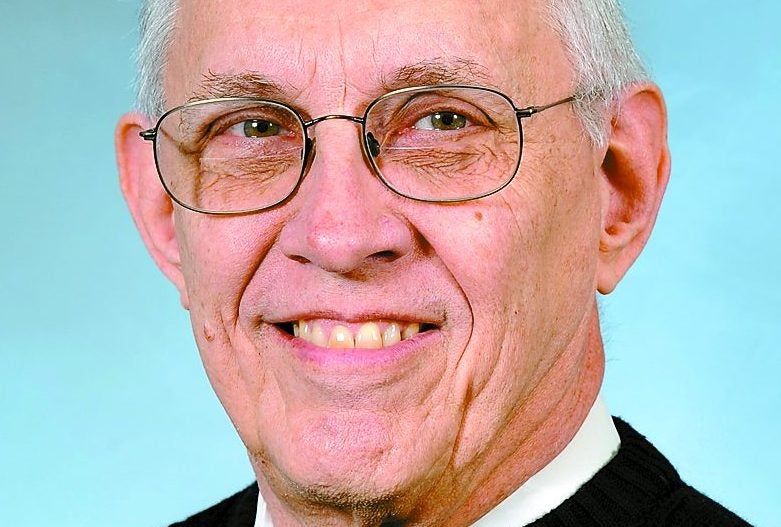Witt: Few things certain with tax reform
Published 8:53 pm Tuesday, December 12, 2017

- Chuck Witt is a retired architect and a lifelong resident of Winchester.
Well, Americans now have a tax reform in hand, at least some version which has passed the U.S. Senate. That bill now has to be reconciled with the bill which exited the House of Representatives to iron out the differences between the two.
A few things seem certain.
Corporations will get huge tax breaks, with the expectation that they will bring jobs back to this country and quit hiding their assets in the Cayman Islands.
Yes, the U.S. has a high effective corporate tax rate of 35 percent.
It’s also true virtually no corporation pays that rate, with some of the largest corporations paying no federal tax at all.
This tax relief for corporations is supposed to be permanent, while the tax relief for the typical individual taxpayer will expire some years hence, in one version of the bill.
The estate tax (the one Republicans like to dub a “death tax”) is repealed, even though it affected only a fraction of one percent of taxpayers.
It has been estimated that 70 estates will be subject to the tax in 2017.
The federal deficit is expected to increase by $1 trillion over 10 years, and this from the party which consistently portrays itself as fiscally conservative and which has railed against the high deficit for years.
Of course, the party pushing this tax reform through in the wee hours of the morning promises that economic growth will offset the projected increased deficit, despite the bi-partisan projection of the Joint Committee on Taxation.
In fact, of 38 economists who examined the plan, 37 agreed that it would not spur the growth predicted and the 38th, who voiced a different opinion, later admitted that he misread the question.
Kentucky’s Sen. Mitch McConnell espoused that, despite the protestations of the Democrats, this bill was passed in the normal manner of doing senate business.
The senator must be taking lessons from President Donald Trump; he knows full well a bill in excess of 400 pages, along with hand-written changes in the margins and distributed just hours before a scheduled vote, is not the “normal” way of doing business in Congress.
Thirteen million people are predicted to lose or give up their health insurance by 2027. Those people will be going to emergency rooms when they get sick and everyone else will be picking up the bill.
The bill also contains (like so much legislation that comes through Congress) numerous provisions which have nothing to do with tax reform, like opening up the Alaska National Wildlife Refuge to oil drilling (a concession to get the vote of Republican Sen. Murkowski).
It will take time to see if all the rosy predictions for a great economic awakening take place, but if history is any indicator, this plan has no hope of success except to provide huge windfalls for a lot of very wealthy people and scofflaw corporations.
One issue which seems to have escaped discussion from everyone is what is likely to happen to America’s crumbling infrastructure with fewer dollars available to the federal treasury.
President George Bush proved quite emphatically that it’s not possible to wage a war and cut taxes at the same time. Similarly, it is not possible to correct trillions of dollars of deficiencies in our roads, bridges, railways, ports and canals with a diminishing financial base.
Whichever prediction about the results of this tax reform come true, it’s likely that a lot of Congressmen and Congresswomen will be looking for new jobs in the next few years.
Chuck Witt is a retired architect and a lifelong resident of Winchester. He can be reached at chuck740@bellsouth.net.





